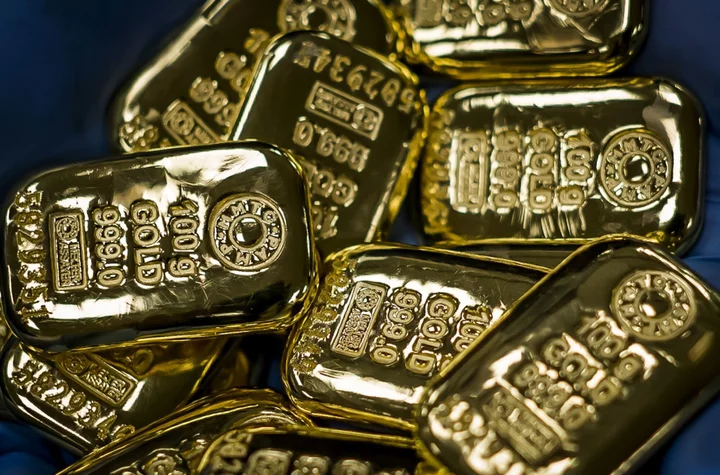Opposition to Japan’s plan to discharge treated wastewater from the Fukushima nuclear site into the Pacific Ocean is posing risks to key exports, including seafood to cosmetics.
Officials in mainland China and Hong Kong, both major importers of Japanese goods, have reiterated concerns over the proposal even after the International Atomic Energy Agency confirmed a two-year review had concluded the disposal strategy is safe and in line with global standards.
Hong Kong has “repeatedly expressed grave concern about the impact of the discharge plan on food safety,” and plans to impose some curbs on seafood from high risk areas once the release of Fukushima waste begins, the city’s government said late Tuesday in a statement.
Despite existing curbs on some food products related to the 2011 Fukushima meltdown, the worst nuclear disaster since Chernobyl, Japan’s agricultural and seafood exports rose last year to a record. China’s purchases totaled 278.3 billion yen ($1.9 billion), of which about a third was seafood.
Read More: Why Japan Will Release Fukushima Water Into the Sea: QuickTake
The plan for Tokyo Electric Power Co. to release the wastewater — equivalent in volume to about 500 Olympic-size swimming pools — has drawn fierce criticism from China and stirred wider regional concerns. Releasing the waste will “have a negligible radiological impact on people and the environment,” the IAEA said in its study.
Worries in South Korea over health hazards have sent the price of sea salt, a key ingredient in kimchi, soaring as consumers hoard the condiment. The nation plans to release 120,000 tons of sea salt from a state reserve through July 11, and will continue to add more supply into the market, according to the Ministry of Oceans and Fisheries.
Members of the public and some opposition lawmakers in South Korea have held demonstrations to oppose Japan’s plan. The country is completing its own review on the safety of the Tepco proposal, Park Koo-yeon, an official at the Office for Government Policy Coordination, said Wednesday.
In China, a consumer boycott of Japanese cosmetics tied to unproven allegations about the safety of the water release has impacted stocks of firms like Shiseido Co.
China has urged Japan to stop the planned discharge and claimed there are key differences between Tepco’s proposal and the routine disposal of wastewater by its own nuclear plants and others globally. Japan should “face up to the legitimate and reasonable concerns of all parties,” and devise an alternative strategy, China’s Ministry of Ecology and Environment said in a Wednesday statement.
Japan’s Foreign Minister Yoshimasa Hayashi will meet his Chinese and South Korean counterparts this month in an effort to secure support for the wastewater plan, Yomiuri Shimbun reported. IAEA Director General Rafael Grossi is scheduled to hold talks with South Korean officials from Friday.
--With assistance from Isabel Reynolds, Naoto Hosoda and Sangmi Cha.
Author: Shoko Oda, Hallie Gu and Heesu Lee









